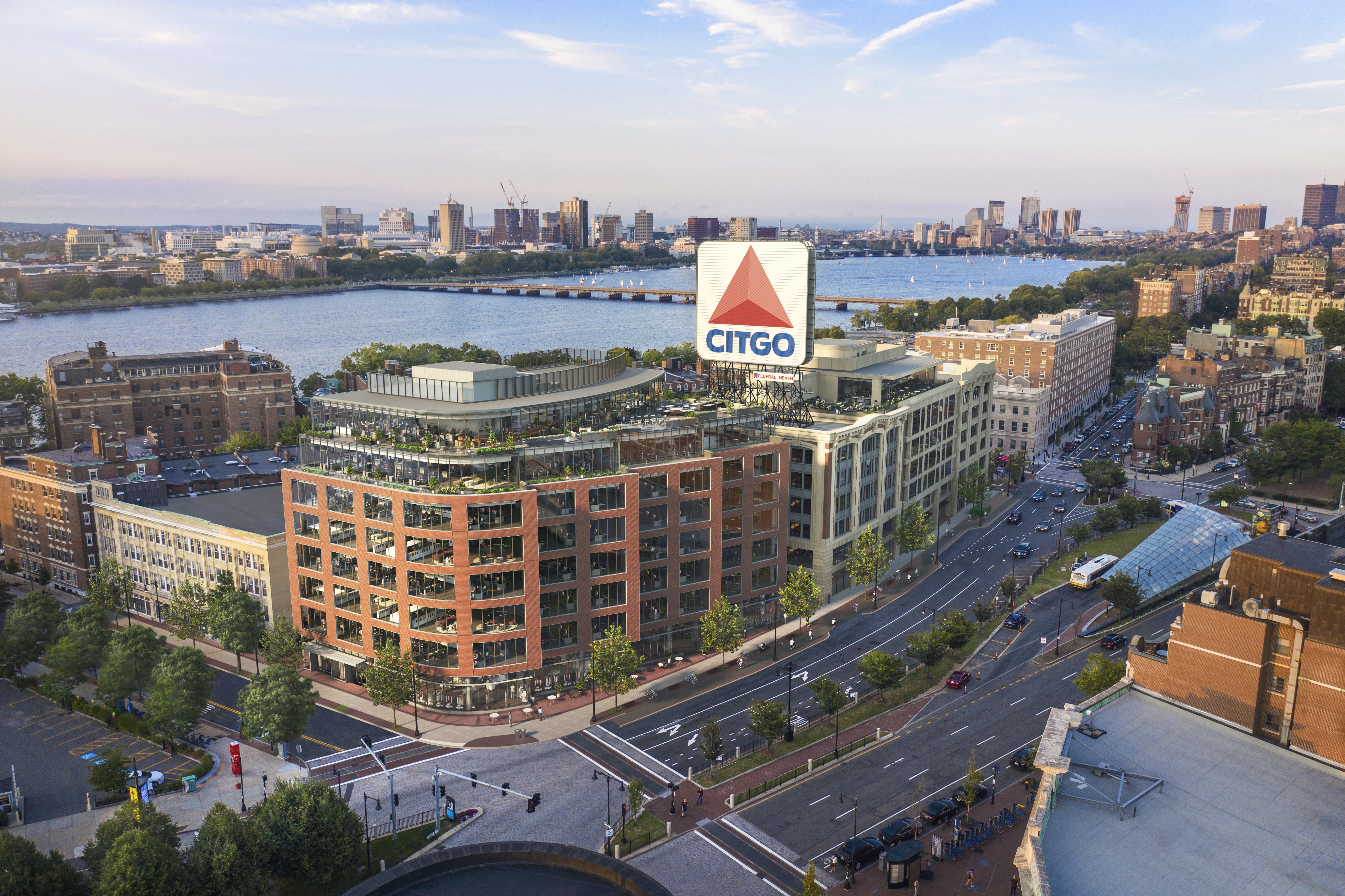
Millennium Partners’ Winthrop Center skyscraper is designed with Passive House building principles designed to reduce energy consumption by up to 80 percent compared with a conventional building. Photo courtesy of Millennium Partners
The city of Boston’s goal of reducing carbon emissions will impose new energy-efficiency requirements on landlords of large buildings in the wake of a city council vote.
The updates to the city’s eight-year-old BERDO (Building Energy Reporting and Disclosure Ordinance) affect buildings larger than 20,000 square feet, with the goal of cutting greenhouse emissions by 37 million metric tons over the next three decades. The changes take effect in 2025 for buildings 35,000 square feet, and in 2030 for those that are at least 20,000 square feet.
First enacted in 2013, the ordinance requires landlords to report annual energy and water use to the city’s Environment Department, but did not impose specific requirements for reductions.
Council President Pro Tempore Matt O’Malley spearheaded the updates, which await Acting Mayor Kim Janey’s signature.
The ordinance establishes a table of emission standards by building use with targeted emissions reductions updated on a five-year basis through 2050.
Building owners can apply for an “individual compliance schedule” reducing emissions by 50 percent by 2030 and 100 percent by 2050, subject to approval by a city review board.
Owners also can comply by purchasing renewable energy certificates tied to non-carbon dioxide-emitting sources, or entering power purchase agreements for renewable energy sources.
The city will establish an Equitable Emissions Investment Fund which will pay for building carbon abatement projects, with an emphasis on those that benefit populations that are disproportionately affected by air pollution.
The final version incorporated changes supported by commercial developers’ group NAIOP Massachusetts, including giving owners the ability to apply for a one-time six-month extension in the first year of reporting.
“NAIOP spent over 2 1/2 years providing input on the ordinance that was passed yesterday,” NAIOP Massachusetts CEO Tamara Small said in a statement. “It is an ambitious goal, but NAIOP believes that the policy took into account what was necessary to address carbon emissions from buildings while also providing a reasonable path forward to achieve these goals. We look forward to continuing to weigh in on this process as the regulations are developed.”
The business group A Better City also offered testimony at hearings this summer, asking that the Review Board include expert representation and questioning whether the city has sufficient staff to review the volume of documentation generated by the new requirements.
This report has been updated with a statement from NAIOP Massachusetts.




 |
| 



